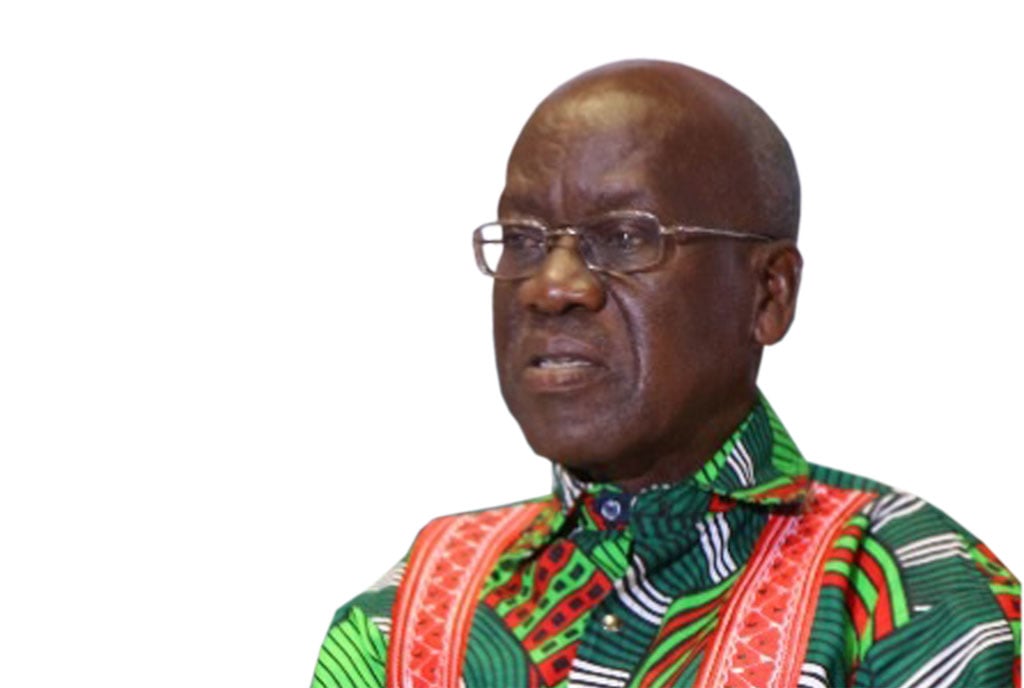Guaranteeing peace by preparing for war

Author: Prof Timothy Wangusa is a poet and novelist. PHOTO/FILE
What you need to know:
- And I found myself immediately thinking, ah yes, if we are bound to have a stock of these necessary defence monsters, we might as well manufacture them for ourselves for less rather than buy them for more from some foreign dealer in various forms of war weaponry and battlefield ironmongery.
The most attention-catching and most interesting Ugandan national security news of the month of July, as flashed on the TV screens on July 28, was easily that of our dear President Museveni’s commissioning of our own armoured vehicles factory.
And I found myself immediately thinking, ah yes, if we are bound to have a stock of these necessary defence monsters, we might as well manufacture them for ourselves for less rather than buy them for more from some foreign dealer in various forms of war weaponry and battlefield ironmongery.
I also recalled the well-known military dictum, derived from an ancient Latin adage, which has practically come to be embraced by all nations, which states, “If you want peace, prepare for war”!
A tacit belief in this dictum translates into the current state of world affairs whereby every nation or state big and small (with the one exception of The Vatican) continuously amasses the most deadly arsenal for the express purpose of attacking some other state at the slightest provocation. Consequently, every state and nation under the sun is perpetually ready to go to war.
As a matter of fact, it is common knowledge, confirmed by the International Institute of Strategic Studies, that not only is there now a war somewhere on earth every day of the year, but that producing war gear and war ironmongery has become one of the most lucrative enterprises of the so-called developed countries; while buying them is one of the greatest curses of the so-called developing countries.
And the result is that, as Evangelist Billy Graham (1918-2018) once put it, a visitor from another planet would, in all fairness, conclude that warfare was the chief industry on earth. He would have to report to his home planet that he had seen more swords and spears than reaping knives; more gunpowder and other forms of explosives in every tiny country than there are human drugs in all the pharmacies of the world put together; and stockpiles of nuclear bombs one thousand times more than would be needed to blow up the entire planet in a terminal cataclysm! He would report phenomenal armed robberies in God’s own open daylight, deadly enmities, feuds and conflicts on land and sea and in the sky. And he would have to emphasize the fact that uninterrupted peace on earth is actively hated by the majority of humankind.
It is Bertolt Brecht (1898-1956), a German dramatist of the 20th Century, who, in factionalising the truth about the human condition, mockingly makes one of his chief characters express extreme disappointment at the announcement of peace to end a most pathetic and devastating war. She is Mother Courage, in a play of that title. During the Thirty Years War (1618-1648) in Europe (in the course of which Mother Courage loses all her children – both her sons and her dumb and only daughter), she makes money by trailing with her wagon in the wake of the soldiers, selling black market clothing and other goods to them.
Then one day comes someone breathlessly running and shouting, “Peace! Peace! Peace! Peace has come!”
Incredulous of the news, Mother Courage shouts back, “Don’t tell me peace has broken out – when I have just gone and bought all these supplies!” Later on she sulks to the chaplain and the cook, “Peace has broken my neck”. In other words, the return of peace is going to drain her pocket!
What a pity that warfare too often turns out to be just lucrative business rather than a genuine endeavour towards establishing lasting peace between peoples and nations. What a pity that even behind regional military or power blocs such as NATO, EEC, OPEC, Warsaw Pact that was, African Union, ASEAN, XYZ and ZYX, there is not only the declared motive of prospecting for peace but also the concealed one of money-mongering.
And I happen to know that there is “a more excellent way” to universal peace.
Prof Timothy Wangusa is a poet and novelist.


